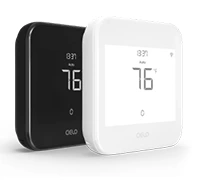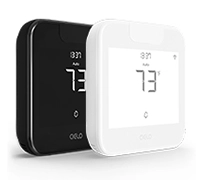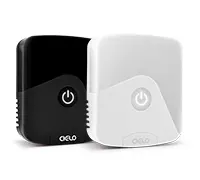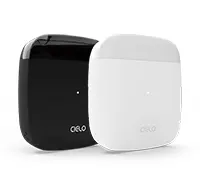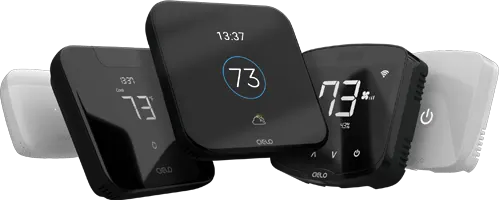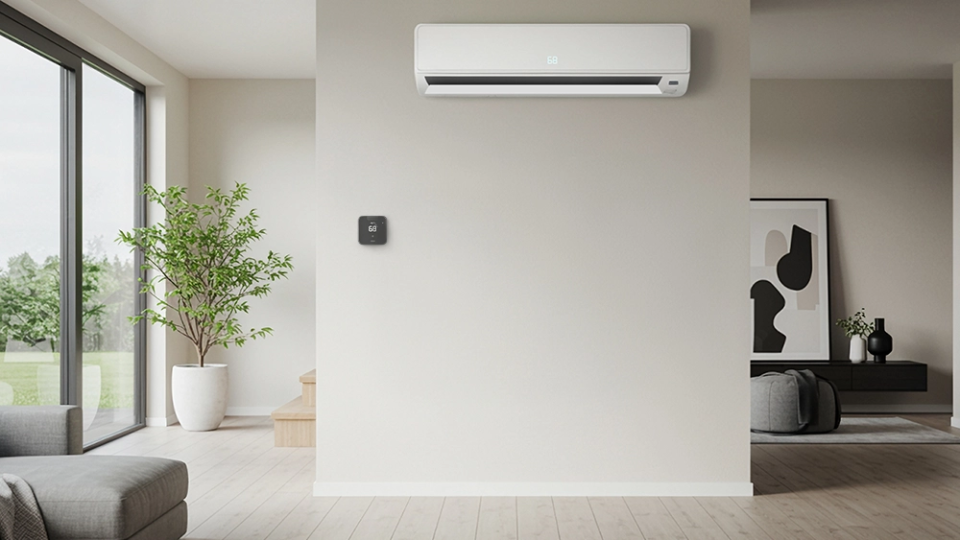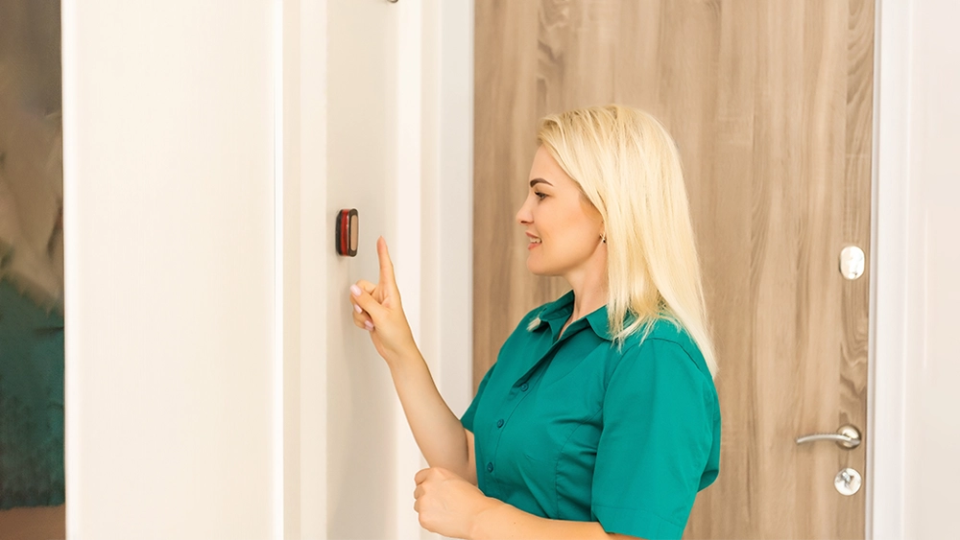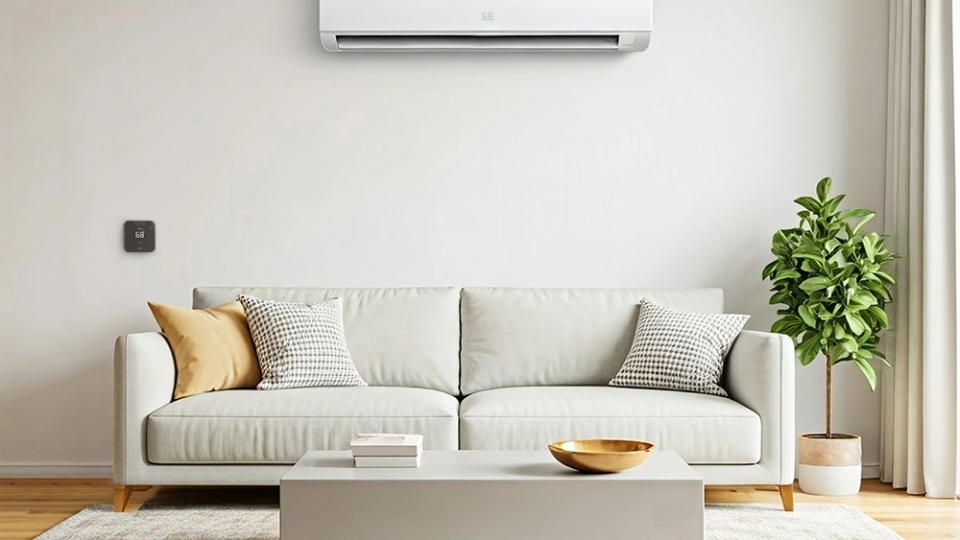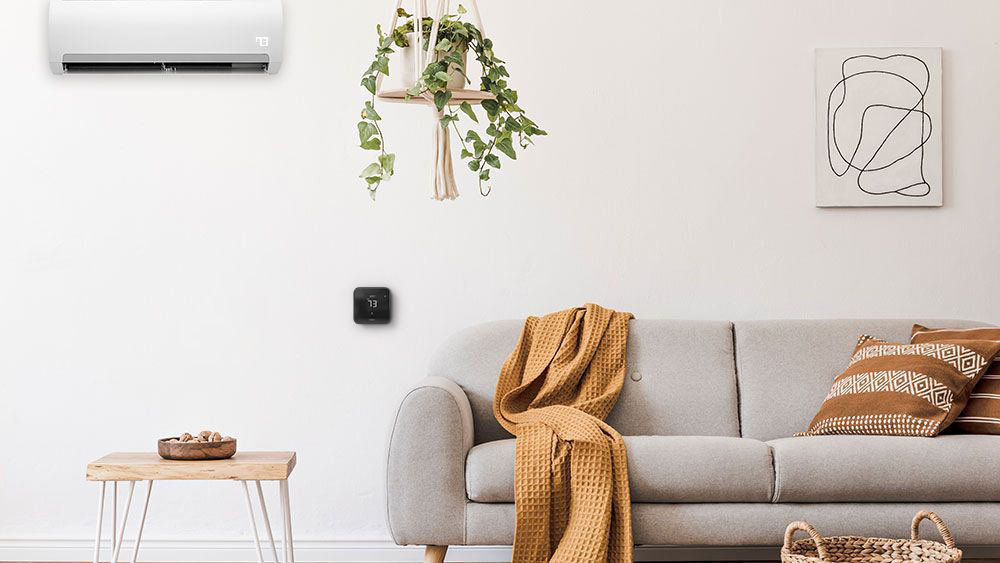
Key Takeaways
- Fall and spring are the best times to buy an AC unit.
- During off-peak seasons, HVAC technicians are less busy, leading to quicker installations and potential discounts.
- Save money by shopping off-season, comparing quotes, and using rebates for energy-efficient models.
If you are in the market for a new air conditioner, you might assume that summer is the optimal time to buy one. However, contrary to popular perception, the peak of summer isn’t necessarily the best time to invest in one. You will get more deals and discounts during the off-season when air conditioning demand is low.
This blog will explore when is the time to buy an air conditioner, provide insights into choosing the right type of AC for your needs, and offer practical tips on maximizing savings when purchasing a new unit.
The Perfect Time to Upgrade Your AC Unit
Although it might seem logical to buy an air conditioner during the winter when temperatures are lower, this isn’t the most opportune time.
The best time to buy an air conditioner is during the fall or spring seasons. The reason is that HVAC technicians tend to be busiest during the summer and winter with HVAC repairs and replacement when outdoor temperatures are at their most extreme. This can lead to greater wait time and higher installation costs.
You are more likely to find HVAC professionals available to promptly install your system during the off-season, and they may be more inclined to offer discounts. Also, during the end of the summer season, retailers often offer discounts and promotions to clear out old inventory, so it’s best to capitalize on that.
Aside from seasonal buying, there are other instances when purchasing a new AC unit makes sense. For example, if you are renovating your home, you can buy a new unit, particularly if you are altering the layout inside. Or when you are replacing the heating system in your home, you can get a good bundle deal.
Also, it’s best to buy a new unit when your old one is exhibiting warning signs like odd smells, noises, or refrigerant leaks. This way, you won’t have to deal with a malfunctioning AC in the middle of a scorching hot day.
You can also take advantage of sales periods, such as Black Friday, which often feature huge discounts on appliances, including air conditioners.
Benefits of Buying an Air Conditioner During Off-Season
You can experience a multitude of benefits when buying an air conditioner during the off-season. These include the following:
-
Cost Savings
Retailers and installation companies often offer special promotions during fall or spring to attract customers.
Also, replacing your old AC during these seasons can help you save thousands of dollars compared to waiting for it to completely break down during the peak season.
-
Reduced Wait Times
HVAC technicians experience peak demand during summer and winter, often leading to longer wait times for service that can last for a week or more. In contrast, during the off-season, technicians’ schedules are more flexible, allowing for faster service scheduling, often within a day or two.
-
Thorough Research Time
Shopping during off-peak seasons provides ample time to research and compare various models, features, and energy-efficiency ratings, enabling you to make a well-informed decision.
-
Ready for Extreme Weather
Buying during the off-season ensures that your new air conditioner will be ready to keep you comfortable when the summer arrives. Many homeowners put off upgrading their old and inefficient systems, only to discover they fail to start on the first warm day of spring.
Related: The Ultimate Spring HVAC Maintenance Checklist
What Type of Air Conditioner Is Right for You?
When determining the ideal HVAC system for your home, you should explore one of the following options:
-
Central Air Conditioners
Central AC system operates through a network of ducts and vents, distributing cool air to every room in your house. They are costly to install in homes that do not already have ductwork. As a result, the best time to buy and install one is during the construction phase of your home. Off-season buying provides the best discounts on replacements in homes with existing ducting. On average, central air conditioning installation costs between $3,888 – $7,948.
-
Ductless Mini-Splits
Ductless mini-split air conditioners are popular because they are compact, wall-mountable, and do not require ductwork. They are highly energy-efficient, as they do not experience energy loss associated with ducts and deliver air directly where it’s required.
You can also install mini-split units yourself and save on installation costs.
The typical average cost of installing a ductless mini-split system can range from $2,000 to $14,500.
-
Window Air Conditioners
A window unit is a compact and versatile cooling system designed to provide efficient temperature control in small spaces. It’s typically installed directly into a window frame and doesn’t require professional installation.
The best time to buy a window air conditioner is to shop during off-seasons or holiday specials. On average, installing a window air conditioner in one room costs around $138 – $524.
Factors to Consider Before Buying an AC Unit
If you’re confused about what kind of AC unit to buy for your home, then you should consider the following factors before making your final purchase decision.
-
Home Size
When selecting an air conditioning unit, it’s crucial to consider your home’s size. A unit that’s too small for your space won’t cool effectively, while one that’s too large can waste energy and raise your electricity costs.
Here’s all you need to know about air conditioner sizing.
-
Additional Features
When choosing an air conditioning unit for your home, it’s important to consider specific features and add-ons that can greatly enhance your comfort and efficiency.
- Consider investing in a smart thermostat or a mini-split thermostat in case of room air conditioners. These smart devices provide the convenience of being able to control your home’s temperature from anywhere using your phone. In addition, they have dozens of smart features that can make your home more energy-efficient, such as geofencing and scheduling.
- Opt for air conditioning units equipped with variable-speed capabilities. These units offer greater flexibility, leading to more consistent indoor temperatures and reduced energy consumption.
- Units with high energy-efficiency ratings translate to significant savings on electricity bills over time.
Your best choice to make any mini-split, window,
or portable AC smart. Enhance your comfort and savings.
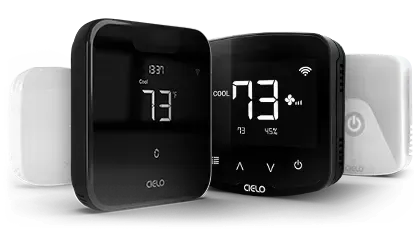
-
Cost
Pricing is an important concern when making a purchasing decision. It’s important to look beyond the initial price tag and also factor in the unit’s long-term energy efficiency and maintenance costs. While investing in a higher-quality unit may entail a greater upfront expense, it can help you save energy, making it a worthwhile investment.
Other Ways to Save When Buying an Air Conditioner
Here are other considerations that will help you save money when buying an AC unit:
- Gathering numerous quotations from HVAC contractors and properly researching the best equipment for your needs guarantees a good investment.
- In addition to negotiating a fair price, look into potential savings through tax credits and rebates for energy-efficient models. You can get up to $300 tax credit for buying a unit that meets energy-efficient guidelines.
You can also get rebates for making your AC smart by purchasing a smart thermostat for central HVAC and mini-splits.
Equip your HVAC system with smart features and achieve the perfect balance between comfort & savings.
Learn more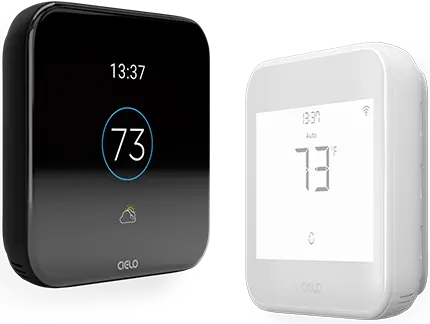
In Conclusion
The best time to buy an air conditioner is during the off-season, such as early spring or fall. You are more likely to get discounts due to low demand and retailers wanting to clear out their old stock. Opting for an air conditioner purchase during these periods can also result in a timelier installation process. HVAC professionals are generally less busy during these times compared to the peak summer and winter months. Properly timing your purchase allows you to capitalize on discounted prices and avoid the rush that occurs when summer heat prompts a surge in demand for air conditioning units.
